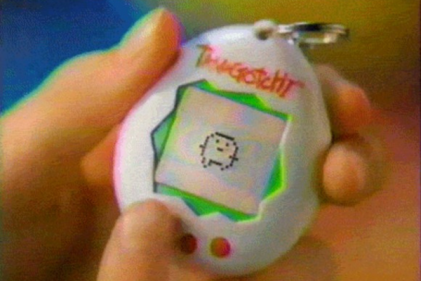 We tend to think that dieting or restricting our food intake will solve our weight and food battles, and that willpower and strict discipline are key to achieving results. When I battled with food, I defined slip-ups as failures, and the ‘slim’ clothes in my wardrobe were a constant reminder of my shortcomings. Now I realise how skewed this was.
We tend to think that dieting or restricting our food intake will solve our weight and food battles, and that willpower and strict discipline are key to achieving results. When I battled with food, I defined slip-ups as failures, and the ‘slim’ clothes in my wardrobe were a constant reminder of my shortcomings. Now I realise how skewed this was.
1. Ditch the diet
Diets feed into the all-or-nothing mentality; “I’ve had a few biscuits, I might as well keep eating”. It’s so black-and-white, you’re either good or bad, guilty or not guilty. There is no balance, and it’s a harsh way to live. Just one foot wrong and you’re shouting at yourself internally. Diets are based on fear, deprivation, judgment and self-criticism, and while they work in the short-term, research shows that most people can stick to a diet for a maximum of two months before sliding back into older habits.
A diet is all about the numbers - the number on the scale and the number of calories you eat and burn. Success is defined in terms of how well you stick to your numbers. What a narrow measurement! That’s why messing up the numbers can be so upsetting and can set up your mood for the day or the week.
2. Be mindful, be present
When you slow down when you eat, you are more in control, instead of feeling out of control around food:
-
Sit down while eating, instead of eating while hovering over the sink or fridge. Just because you distract yourself while eating does not mean that you’re not really eating. You’re just fooling yourself.
-
Pause before you eat and deliberately ask yourself, “Is this hunger or habit? Am I really hungry?”
-
Separate your eating from watching TV. Watching TV can breed boredom and boredom eating. Food improves the experience of TV, but it also means we eat far more than we realise.

3. What’s your eating about?
Going on a diet involves external changes in your eating, such as counting and measuring, and you stop eating some foods and substitute others. Maybe you throw in some exercise to burn a few extra calories. Once you reach your goal weight, and things gradually go back to ‘normal’, so does your weight.
A diet cannot help you address eating triggers, such as eating because you’re stressed, overwhelmed or to treat yourself. Often we eat because we want to escape or numb out. We eat because we don’t like or want our reality. What are you avoiding when you eat? Maybe it’s time that instead of looking externally at food plans, that you look internally and ask yourself, “why am I reaching for food? What’s bothering me that I want to eat?”
4. Get comfortable with discomfort
I’m not a masochist, but I’ve learnt that managing my eating means staying with myself when I feel stressed instead of reaching for a packet of biscuits - “What exactly is upsetting me? Will eating a few slices of cake really change anything?”
Bear in mind that progress rarely takes a straight line, and zig-zag progress is normal. Visualise where/how you would like to be three months, six months or a year from now. This could include being more comfortable in yourself, liking yourself more, letting go of weight and specific eating habits.
For more, check out www.heydayworld.com. Bernadette also runs a supportive online programme, workshops with Dietitian Paula Mee, and 1:1 meetings.








